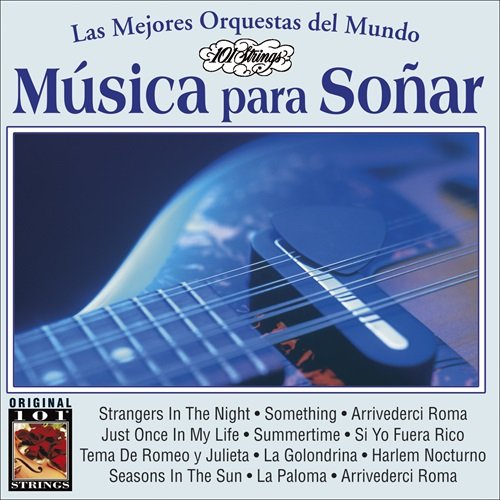Concilium Musicum Wien – Michael Haydn: String Quintets (2000)
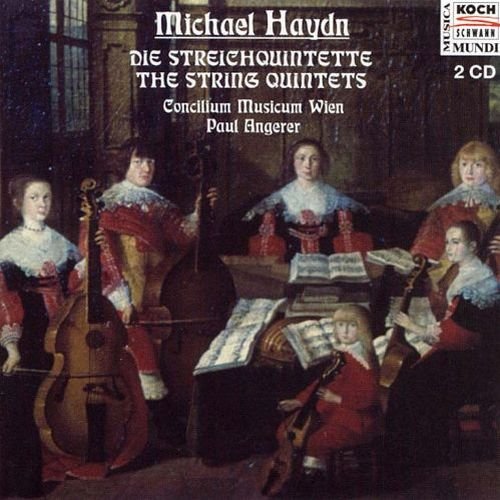
Artist: Concilium Musicum Wien
Title: Michael Haydn: String Quintets
Year Of Release: 2000
Label: Koch Schwann
Genre: Classical
Quality: FLAC (image+.cue,log,scans)
Total Time: 02:15:05
Total Size: 699 Mb
WebSite: Album Preview
Tracklist: Title: Michael Haydn: String Quintets
Year Of Release: 2000
Label: Koch Schwann
Genre: Classical
Quality: FLAC (image+.cue,log,scans)
Total Time: 02:15:05
Total Size: 699 Mb
WebSite: Album Preview
CD 1:
[01]-[04] String Quintet in G major P.109
[05]-[08] String Quintet in F major P.110
[09]-[12] String Quintet in C major P.108
CD 2:
[13]-[19] String Quintet (Divertimento) in F major P.112
[20]-[26] String Quintet (Divertimento) in B flat major P.105
Performers:
Conciulium Musicum Wien (performing on original period instruments):
Paul Angerer, violin I
Christoph Angerer, violin II
Rainer Ullreich, viola I
Karl M. Waitl, viola II
Michael Bruessing, cello
Walter Bachkoenig, double bass (P.112)
Being overshadowed by Joseph Haydn is not unusual, but Michael Haydn (1737-1806) had to deal with the older brother syndrome his whole life. Known primarily for his ecclesiastical works, he also wrote about 46 symphonies as well as a variety of chamber pieces. Recognized as a fine composer during his own lifetime, Michael's reputation suffered the longer he was dead. Based on these string quintets, he deserves better.
The F Major Quintet opens with a lively `Allegro aperto' as the first violin leads the way with sparkling support from the middle strings. The 2nd movement, a lithe `Menuetto' features the lead viola in a graceful duet with the top voice. Also in triple meter, a stately `Andante' separates the pair of minuets, and employs a surprising false ending so characteristic of his brother.
Delivered with more vigor than the other triple metered sections, the following `Menuetto' features a catchy unison phrase that knits the section together. Over a marching bass line, a sprightly `Allegretto' offers each of the four upper voices a chance to shine as the varied episodes of a jaunty rondo theme unfold.
Brimming with gaiety and light hearted cheerfulness, another rondo follows. Marked `Finale Vivace', it features dueling fiddles, pitting the violins against the violas until a triumphant unison ending. The work concludes with a listless march, labeled `Andantino' and certainly anticlimactic after the rousing Vivace that precedes ii.
A bird like chirping figure, as appealing as it is memorable, enlivens the brisk `Allegro con garbo' that opens the Divertimento in B Flat. The violas present much of the melodic content in the energetic 1st movement, as well as the leisurely `Menuetto' that follows. Expansive and with just a touch of melancholy, the 3rd movement `Largo' leads directly into the ensuing `Allegretto'. Although each instrument has its turn in the spotlight of this sprightly rondo, particularly noteworthy is a heartfelt violin solo echoed by the viola and performed `a piacere', before returning to the original tempo.
Here in the fifth position, the 2nd "Menuetto' offers a gentle rocking respite before the 6th movement. Marked `Finale' but without any tempo indication, this section is a rollicking triple metered dance powered by a restless violin, a relentless cello and furious fiddling from the middle strings before all the voices come together for an exultant close. Again acting as a postscript, another march concludes the composition, although this one has more polish and charm than the closing section of the quintet in F Major
Recorded in 1990, the otherwise excellent Koch Schwann release suffers from a bit too much reverberation. Lead by the accomplished violinists Paul Angerer and his son Christoph, the period instrument group Concilium Musicum from Vienna is superb.
If the only Haydn you know is Franz Joseph, this first rate CD by his little brother is a fine place to start.
The F Major Quintet opens with a lively `Allegro aperto' as the first violin leads the way with sparkling support from the middle strings. The 2nd movement, a lithe `Menuetto' features the lead viola in a graceful duet with the top voice. Also in triple meter, a stately `Andante' separates the pair of minuets, and employs a surprising false ending so characteristic of his brother.
Delivered with more vigor than the other triple metered sections, the following `Menuetto' features a catchy unison phrase that knits the section together. Over a marching bass line, a sprightly `Allegretto' offers each of the four upper voices a chance to shine as the varied episodes of a jaunty rondo theme unfold.
Brimming with gaiety and light hearted cheerfulness, another rondo follows. Marked `Finale Vivace', it features dueling fiddles, pitting the violins against the violas until a triumphant unison ending. The work concludes with a listless march, labeled `Andantino' and certainly anticlimactic after the rousing Vivace that precedes ii.
A bird like chirping figure, as appealing as it is memorable, enlivens the brisk `Allegro con garbo' that opens the Divertimento in B Flat. The violas present much of the melodic content in the energetic 1st movement, as well as the leisurely `Menuetto' that follows. Expansive and with just a touch of melancholy, the 3rd movement `Largo' leads directly into the ensuing `Allegretto'. Although each instrument has its turn in the spotlight of this sprightly rondo, particularly noteworthy is a heartfelt violin solo echoed by the viola and performed `a piacere', before returning to the original tempo.
Here in the fifth position, the 2nd "Menuetto' offers a gentle rocking respite before the 6th movement. Marked `Finale' but without any tempo indication, this section is a rollicking triple metered dance powered by a restless violin, a relentless cello and furious fiddling from the middle strings before all the voices come together for an exultant close. Again acting as a postscript, another march concludes the composition, although this one has more polish and charm than the closing section of the quintet in F Major
Recorded in 1990, the otherwise excellent Koch Schwann release suffers from a bit too much reverberation. Lead by the accomplished violinists Paul Angerer and his son Christoph, the period instrument group Concilium Musicum from Vienna is superb.
If the only Haydn you know is Franz Joseph, this first rate CD by his little brother is a fine place to start.
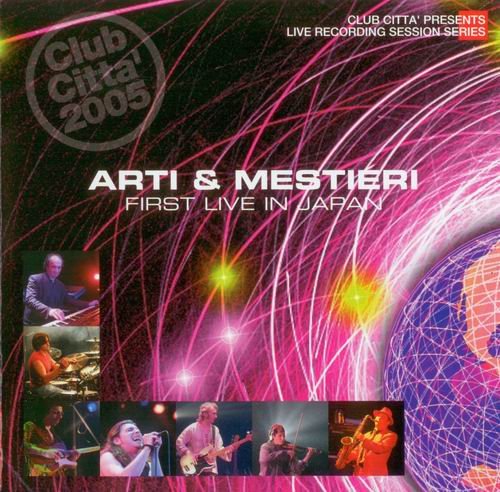

![Jazz at Lincoln Center Orchestra & Wynton Marsalis - We the People (2026) [Hi-Res] Jazz at Lincoln Center Orchestra & Wynton Marsalis - We the People (2026) [Hi-Res]](https://www.dibpic.com/uploads/posts/2026-02/1772178708_cover.jpg)
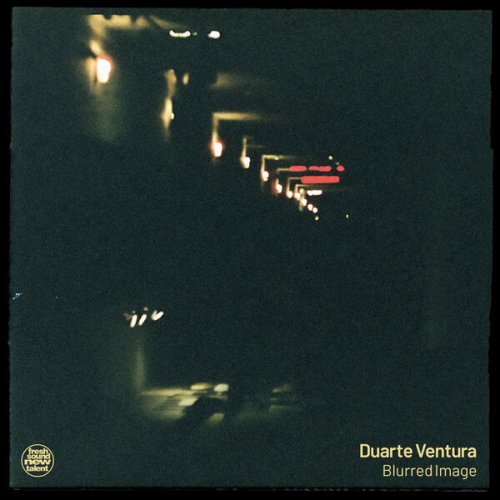
![Cheo Feliciano - Mi Tierra y Yo (Remastered 2026) (2026) [Hi-Res] Cheo Feliciano - Mi Tierra y Yo (Remastered 2026) (2026) [Hi-Res]](https://img.israbox.com/img/2026-02/26/3utwbyq7th3hn4a5zsf7qsky1.jpg)
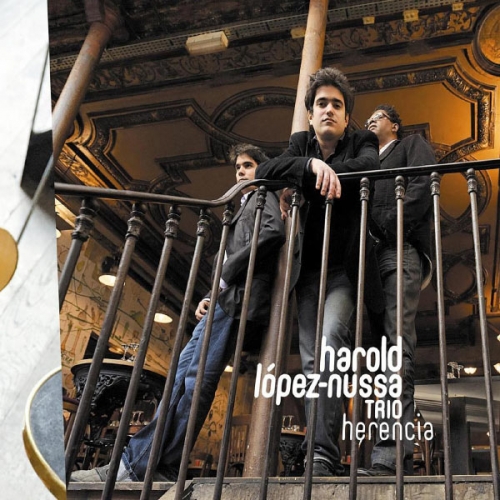
![Quinsin Nachoff - Patterns from Nature (2026) [Hi-Res] Quinsin Nachoff - Patterns from Nature (2026) [Hi-Res]](https://img.israbox.com/img/2026-02/27/85nl7kuvtne1twyima48wpdro.jpg)
![Mammal Hands - Circadia (2026) [Hi-Res] Mammal Hands - Circadia (2026) [Hi-Res]](https://www.dibpic.com/uploads/posts/2026-02/1771945393_folder.jpg)
